基于虚拟仪器的多通道LED伏安特性测试系统设计毕业论文
2020-04-12 16:24:23
摘 要
虚拟仪器技术是一种全新的测量技术,它的功能和搭建由计算机来实现。与传统技术有所不同的是,虚拟仪器技术包括数据的采集、存储、分析处理等功能,它是一种通用的计算机开发环境,并且使用户能够简便快捷地编写各种各样的测量系统。对于一般的用户来说,主要的工作不再是布置传统仪器进行测量,而是在P C上进行软件的编程。虚拟仪器不像传统仪器在很多地方具有局限性,许多信号处理的方法能够方便的应用在各种各样的测量过程当中,并且使网络化测量和自动测量能在更好的环境下进行。在早期,虚拟仪器技术主要是用于高科技领域的,例如航天、航空等技术领域。而现在它的使用范围则更加广泛,虚拟仪器技术已经应用于工业生产的各个环节中。虚拟仪器体现了当代测量技术的未来走向,应用于物理、数学、电子等各种领域。
LabView与C语言等编程语言类似但也有很大的不同之处,它是利用图形化的语言进行编程的一种开发环境,广泛地被学术界、工业界所认可,是公认为标准的测控软件。
虚拟仪器的硬件系统由两大部分组成:数据采集器和电脑. 数据采集器部分包括放大器、多路开关、保持/采样器、A/D 转换器以及其它有关电路组成. 这些组件相互配合可以实现对信号数据的采集、处理以及模拟/数字信号转换的功能.同时数据采集器上的数模转换器(D/A)可以用于将P C机输出的数字量转换为模拟量,从而实现控制功能. 数据采集卡有很多种类,功能也不尽相同。用户可以根据需求进行选择。数据采集卡的性能指标也需要用户有一定的了解,主要包括信号的输入方式、输入范围、通道数、模拟/数字信号转换器的采样速率及位数、分辨率、阻抗等。
关键词:LabView;虚拟仪器技术;电压源:二极管;线性电阻;伏安特性
Abstract
Virtual instrument technology is a brand-new measurement technology. Its functions and structures are realized by computers. Different from the traditional technology, the virtual instrument technology includes functions such as data collection, storage, analysis and processing. It is a general-purpose computer development environment and enables users to easily and quickly write a variety of measurement systems. For the average user, the main task is no longer to arrange traditional instruments for measurement, but to program the software on the PC. Virtual instruments do not have the limitations of traditional instruments in many places. Many signal processing methods can be easily applied in various measurement processes, and network measurement and automatic measurement can be performed in a better environment. In the early days, virtual instrument technology was mainly used in high-tech fields such as aerospace and aviation. And now its scope of use is more extensive, virtual instrument technology has been applied to all aspects of industrial production. The virtual instrument embodies the future trend of contemporary measurement technology and applies it to various fields such as physics, mathematics, and electronics.
LabView is similar to C language and other programming languages but it also has a lot of differences. It is a development environment that uses the graphical language for programming. It is widely recognized by the academic and industrial circles and is a standard monitoring and control software. .
The hardware system of the virtual instrument consists of two parts: the data collector and the computer. The data collector part includes amplifiers, multiplexers, hold/samplers, A/D converters, and other related circuit components. These components cooperate with each other to achieve Signal data acquisition, processing, and analog / digital signal conversion function. At the same time, the digital-analog converter (D / A) on the data collector can be used to convert the digital output from the PC to analog, so as to achieve the control function There are many kinds of data acquisition cards, and their functions are also different. Users can choose according to their needs. Data acquisition card performance indicators also need to have a certain level of understanding of the user, mainly including the signal input method, input range, number of channels, analog / digital signal converter sampling rate and the number of bits, resolution, impedance and so on.
Keywords: LabView; virtual instrumentation technology; voltage source: diode; linear resistance;
目 录
第一章 绪 论 8
1.1二极管的特性 8
1.2二极管的作用 9
1.3 二极管工作原理 9
第二章 LabView-虚拟仪器 10
2.1 LabView与“G”语言 10
2.2 LabView概述 11
2.2.1什么是LabView? 11
2.2.2LabView的应用场合 12
2.2.3 LabView的运行原理 13
2.3虚拟仪器简介 13
2.3.1虚拟仪器的概念 13
2.3.2虚拟仪器的特点 13
2.4LabView和虚拟仪器 15
2.5 多通道的采样方式 15
第三章 总体方案设计 18
3.1设计思路及原理 18
3.1.1设计方案简介 18
3.1.2设计流程 19
3.1.3设计的硬件电路 20
3.2亚为USB系列采集卡概述 20
第四章 Lab VIEW下的程序设计 21
4.1 各个子VI的介绍 21
4.1.1设置采样率 21
4.1.2 电压数据的采集 22
4.2 软件设计 23
4.2.1登录界面的设计 23
4.2.2 LED伏安特性测试系统的设计 25
4.3程序的运行及结果 27
第五章 设计总结 28
参考文献 29
致谢 31
第一章 绪 论
二极管里有两个电极,它是一种只允许电流从单一方向通过的电子元件。通常把二极管具有的调控电流方向的特性称之为“整流”。最常用到的二极管的功能就是只允许电流从单一方向通过(或称顺向偏压),以及反向时阻断电流(或称逆向偏压)的通过。所以,二极管的作用与机械里的逆止阀有很大的相似之处。
早期的真空二极管是一种可以单向传导电流的电子元件。
半导体二极管内部有一个PN结,二极管主要是通过PN结的特性来工作的。根据PN结构造面的特点,可以把晶体二极管分为以下几种:点接触型、面接触型、键型、合金型、扩散型、台面型、平面型、合金扩散型、外延型、肖特型。
1.1二极管的特性
·正向性
理想的二极管,正向电流和电压理论上应成指数关系。 但是实际的二极管,加正向电压的时候,需要克服PN结的内部电压,所以当所加的正向电压要大于内电压时,才会出现电流,这个最小电压称作开启电压。小于开启电压的区域,几乎没有电流通过,这个区间叫做死区。 当所加的正向电压大于开启电压,那么电流成指数关系上升,增加很快,所以二极管上的压降实际上很小,否则由于电流太大,二极管就会损坏了。
·反向性
以上是毕业论文大纲或资料介绍,该课题完整毕业论文、开题报告、任务书、程序设计、图纸设计等资料请添加微信获取,微信号:bysjorg。
相关图片展示:
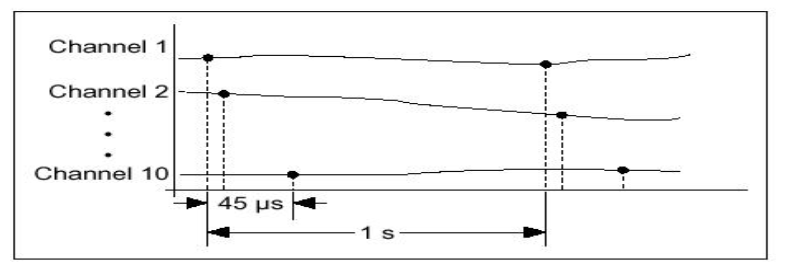

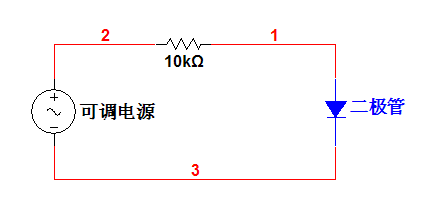
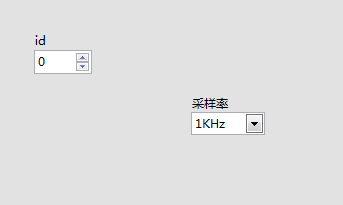
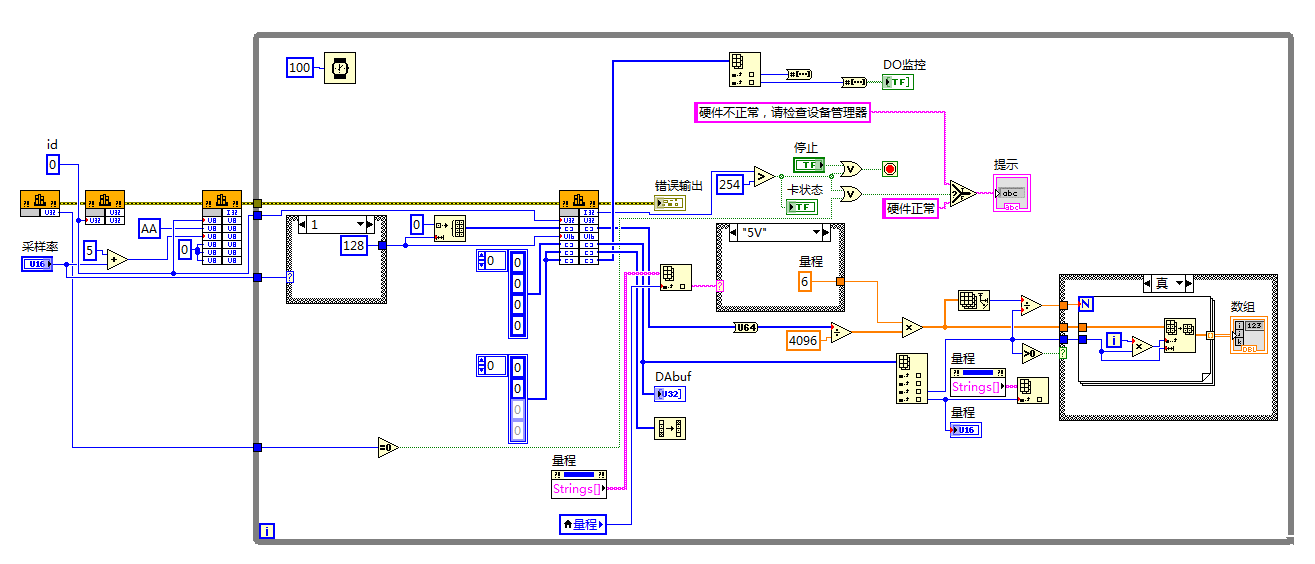
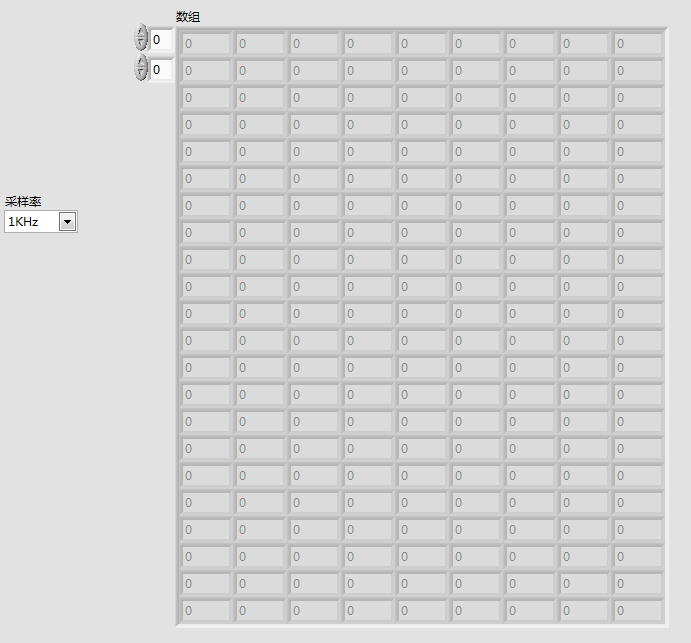
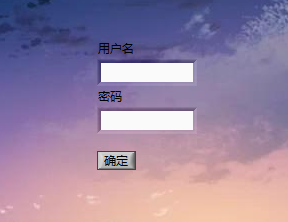
课题毕业论文、开题报告、任务书、外文翻译、程序设计、图纸设计等资料可联系客服协助查找。



